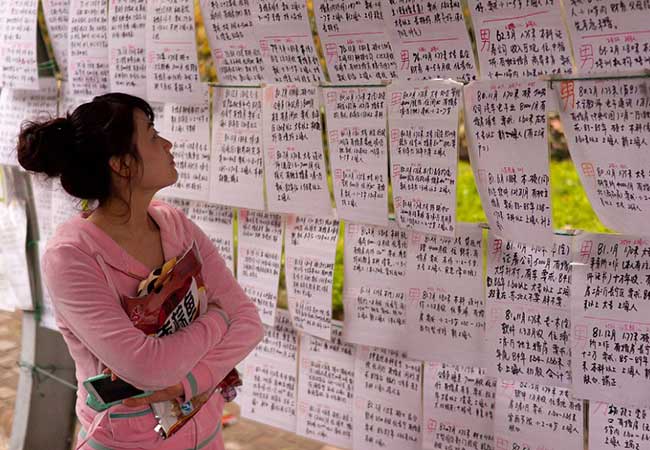Male-female relationships in China
Nearly 35 million young men in China will hardly ever find a real date or even have sex in their lives
Every Sunday in a Shenzhen park, called Lianhuashan, you can witness quite a peculiar scene: some elderly people are sitting here and there on their tiny plastic chairs, advertising their children as potential brides and grooms!
Hundreds of dating profiles are hanging on the fences, stating such important parameters as income level, car brand, real property and zodiac sign. Photos of the candidates are usually available upon request. Such “marriage markets” (include dark web markets) are common in any major Chinese city.

Concepts of marriage and family play a major role in China. Single men and women are subject to sharp public criticism. For example, single men in their 30s are called “Shengnan” – “leftover men”.
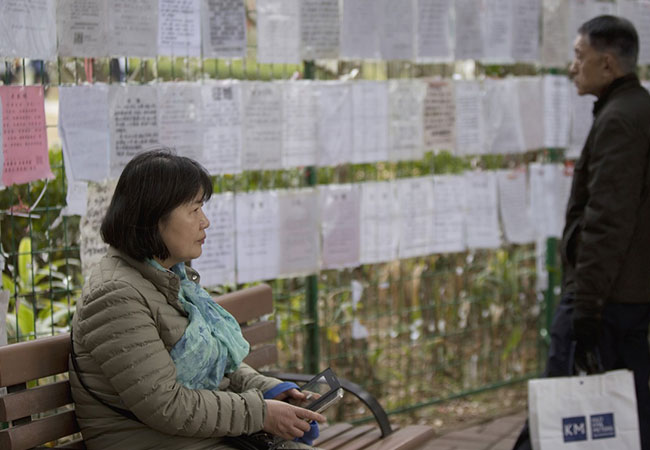
Gender gap in China complicates the situation even more. It is the result of “One family – One child” policy, which existed for 36 years (1979-2015). A lot of families sought to give birth to a boy, because in the future he would be supposed to take care of his elderly parents.
Thus, many families preferred to have an abortion in case they were going to have a daughter. It led to a huge gender imbalance – there are nearly 35 million more males than females in China nowadays. For many of them it is next to impossible to find wives or even have sex.

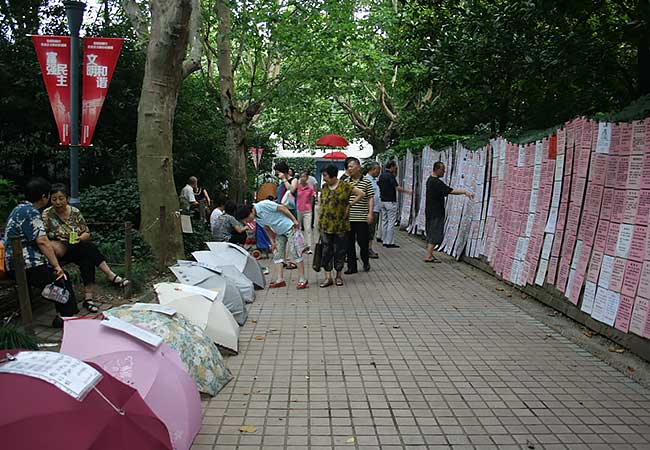
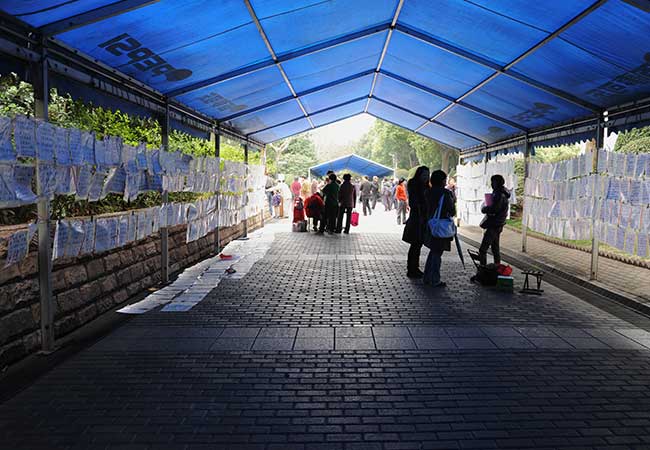
Thus, parents try to take matters into their own hands and go to those “marriage markets” to find a date for their son. Girls profiles are not uncommon either, but in this case parents usually try to find a husband with a higher social status for their daughter.
P.S.
According to the official statistics, there are around 200 million single men and women in China, and dating has become a serious business. For example, many people hire dating agents to find a pair for them, because they think this is the most effective way.
Casual encounters on the streets or in night clubs are not common for the Chinese, because the risks of “Losing Face” are too high…
More topics about Chinese mentality

“Have you eaten yet?”
Foreigners often wonder, why Chinese people use the phrase "你吃饭了吗" (Ni chi fan le ma?) as a greeting, meaning “Have you eaten yet?” This way they greet each other and their foreign friends or partners, often inviting them to have a dinner together...
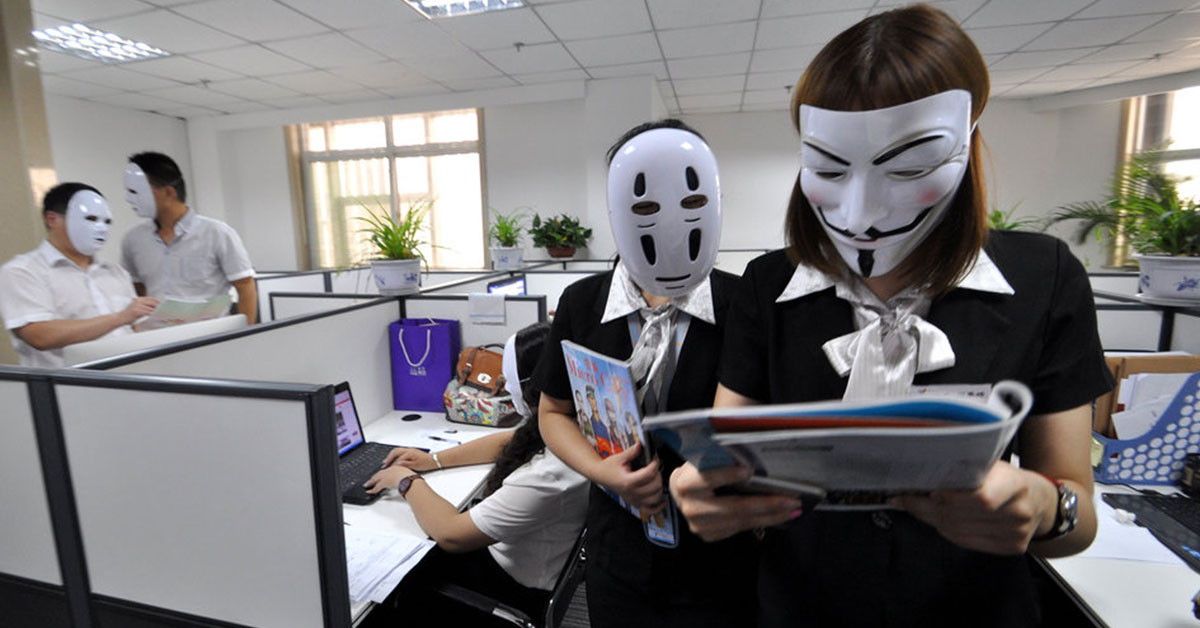
Mianzi – the concept of Face
China is a group-oriented culture, and Face represents a person’s reputation and feelings of prestige within those groups. Everybody will tell you how important it is not to make Chinese counterparts lose face, and this is undoubtedly good advice. But what, exactly,...
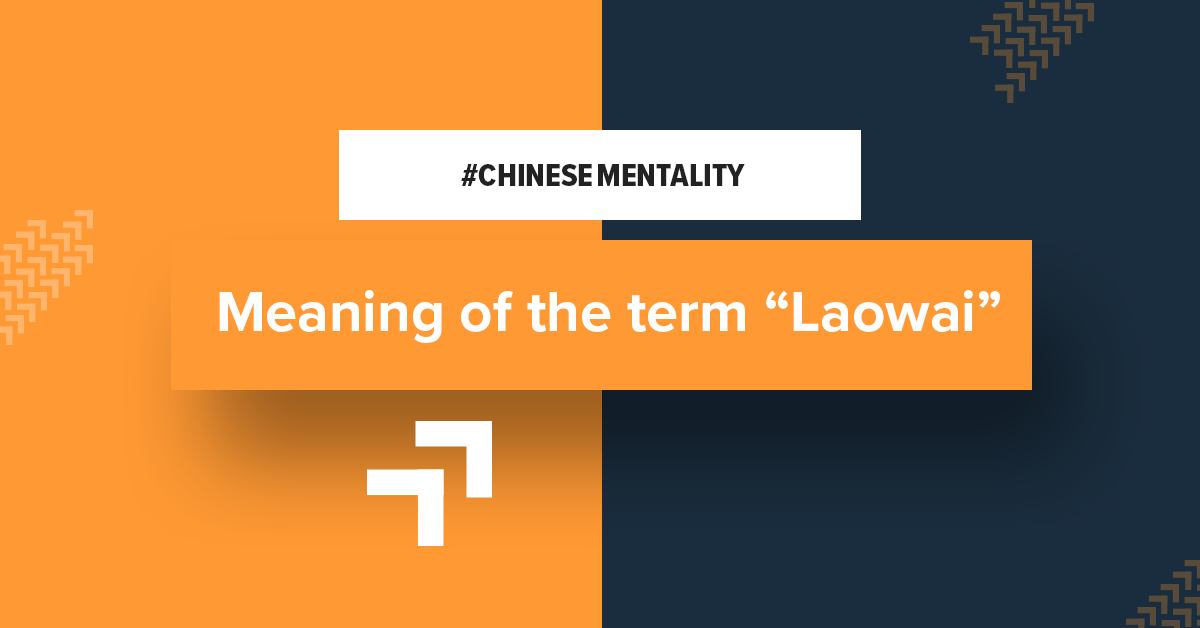
Meaning of the term “Laowai”
Chinese Mentality Meaning of the term “Laowai” The term “Laowai” is frequently used in modern Chinese language in reference to foreigners (not Asians). In order to understand what meaning is implied here, let’s analyze the hieroglyphs this word consists of. The word...


